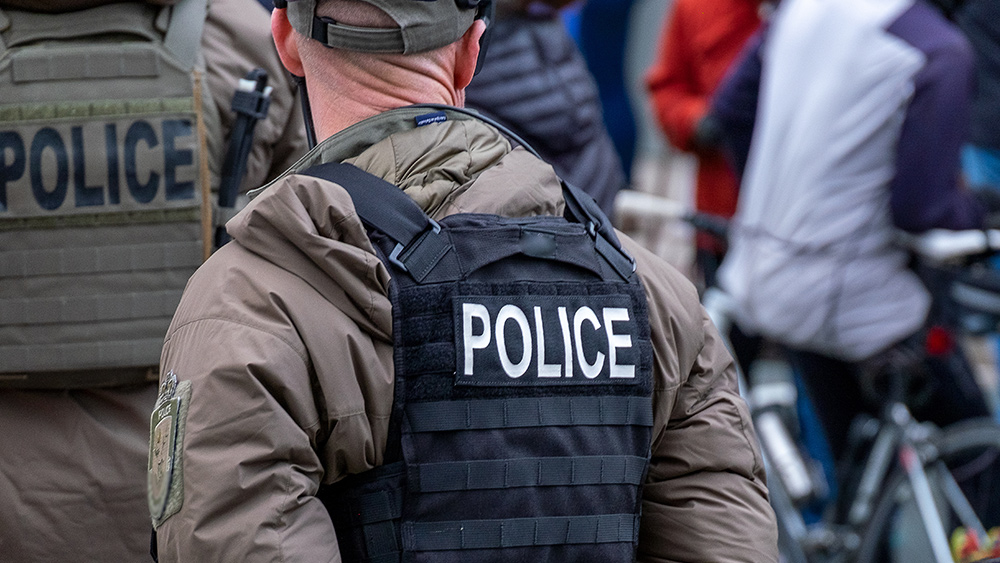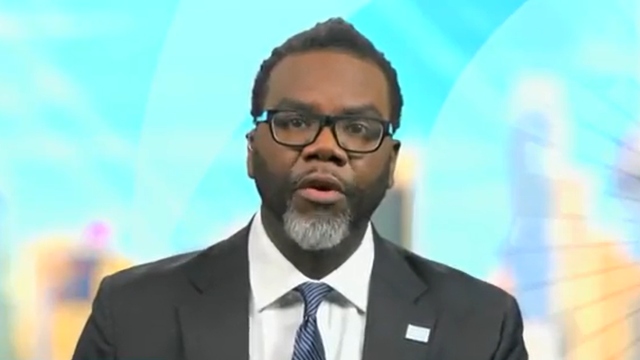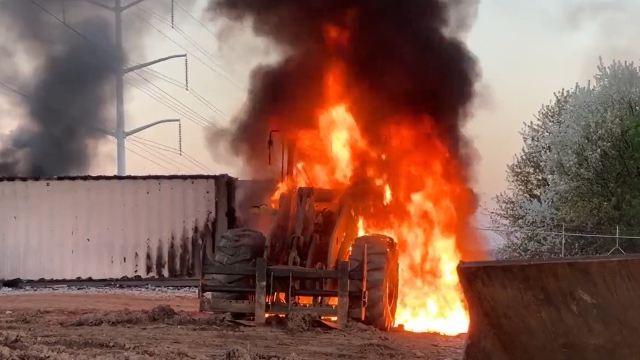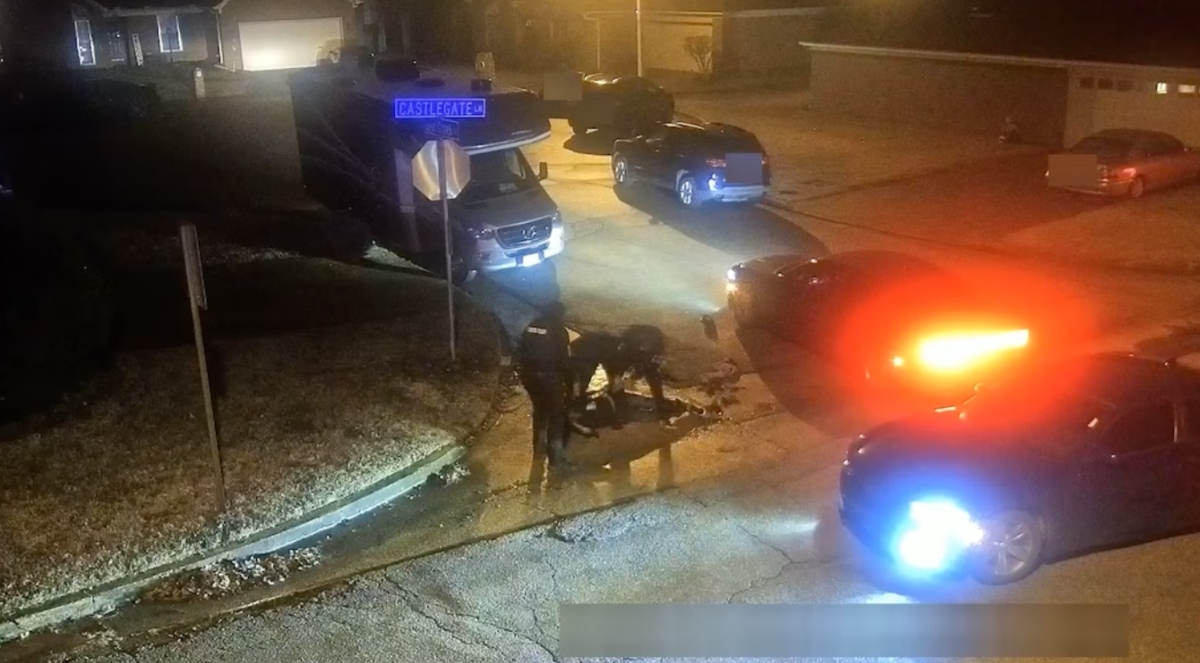
Staunch Republican Texas Gov. Greg Abbott has announced that cities that cut their police budgets will have their property taxes frozen. The move comes after Austin recently defunded its police department in a misguided attempt to protest against alleged police brutality.
On Tuesday, August 18, Abbott outlined a legislative proposal that will discourage cities from cutting spending on police. He also spoke up about the city of Austin, which recently slashed its police budget.
Abbott warned that any city that defunds police departments “will have its property tax revenue frozen at the current level.” He noted that these cities won’t be allowed to increase property tax revenue again.
“Defunding means defunding”
When asked to elaborate, Abbott’s office didn’t specify what counts as defunding in the coming legislation. They also didn’t elaborate on whether this applies to any dollar reduction in a police budget or a proportion, or to services relegated to other departments.
Spokesman John Wittman said that “[defunding] means defunding” and that the “legislature will draft a bill on this and it will go through the legislative process.” Abbott also shared that he would support a bill to make this happen when the Texas Legislature starts its biennial session in 2021.
Even alleged "activists" can’t agree on what constitutes defunding. While some want to outright end or deeply slash police departments, there are those who claim defunding involves redirecting a portion of police money to other things like “social workers, education and job programs, or moving functions to other departments.”
The war for local control
Abbott’s threat to freeze city property taxes was spurred by countrywide riots denouncing police brutality in America and an increase in crime in certain cities. So-called “protesters” are also demanding reductions in police budgets. (Related: Austin City Council defunds the police – reduces police budget by 34%, or $150 million.)
In Texas, the matter is just one of many in “a long-waged war over local control between Republican leaders of the state and the Democratic leaders” of bigger cities like Austin that are often more politically liberal.
Last Thursday, August 13, the Austin City Council authorized a budget for the fiscal year beginning October 1 that cut $21 million from the $434.5 million 2020 police budget or a 4.8 percent reduction. The council also moved $80 million in services to other city departments from the police department like internal affairs, certain administrative functions and a forensics lab that had a history of mismanagement.
Public safety comprises 70 percent of Austin’s general fund.
Mayor Steve Adler explained that at least $20 million would be used to address homelessness, improve emergency medical services and employ more mental health first responders.
Adler, a Democrat, claimed that the move will help make Austin safer. According to Adler, the public shouldn’t expect the police “to be social workers” because they need to focus on crime.
Cutting spending on police won’t make cities safer
Abbott believes that any move to defund police is a dangerous one. He cited a Wall Street Journal analysis of an increase in homicides in major U.S. cities this year.
According to the review, out of the 15 largest cities, Austin had the highest percentage increase in murders since 2019. While the murder rate is still low compared with previous decades, other types of serious crime have decreased in the last few months.
The Wall Street Journal analysis of crime statistics among the 50 largest cities in America revealed that reported homicides have increased by 24 percent this year, totaling 3,612. While other violent crimes like robbery went down, shootings and gun violence also increased.
Abbott warned that it would be unwise to defund the police “when crime is on the rise.”
Sources include:
Please contact us for more information.





















